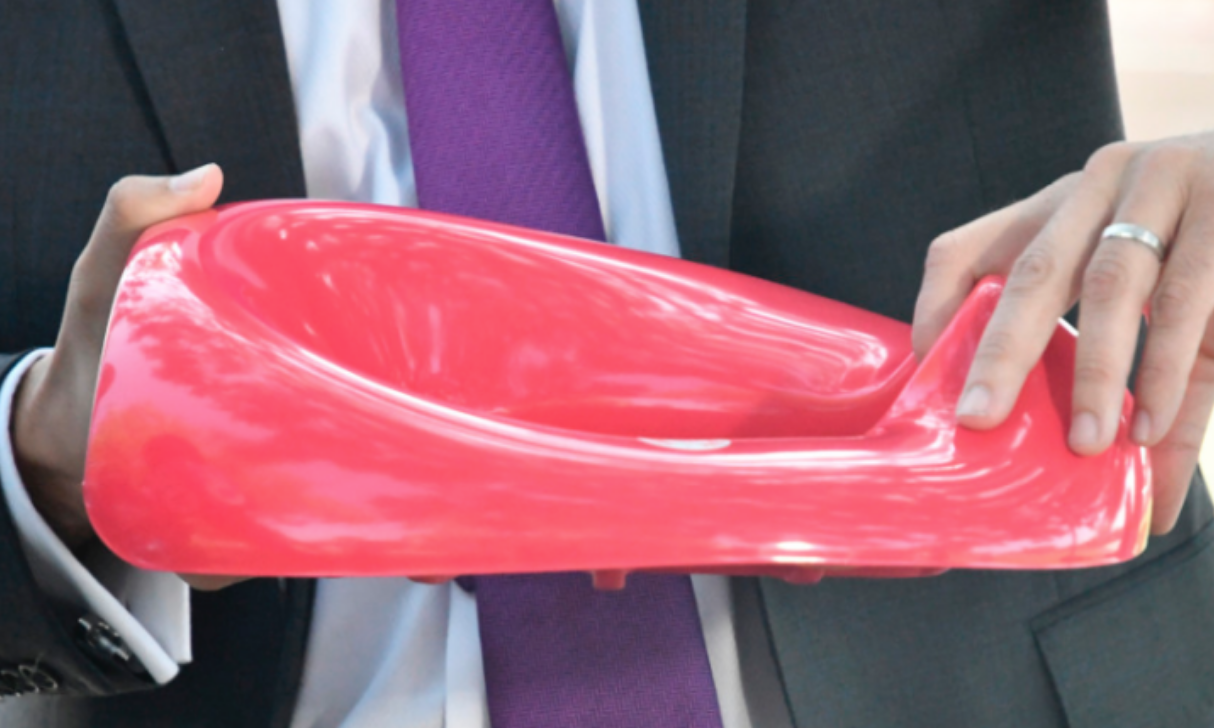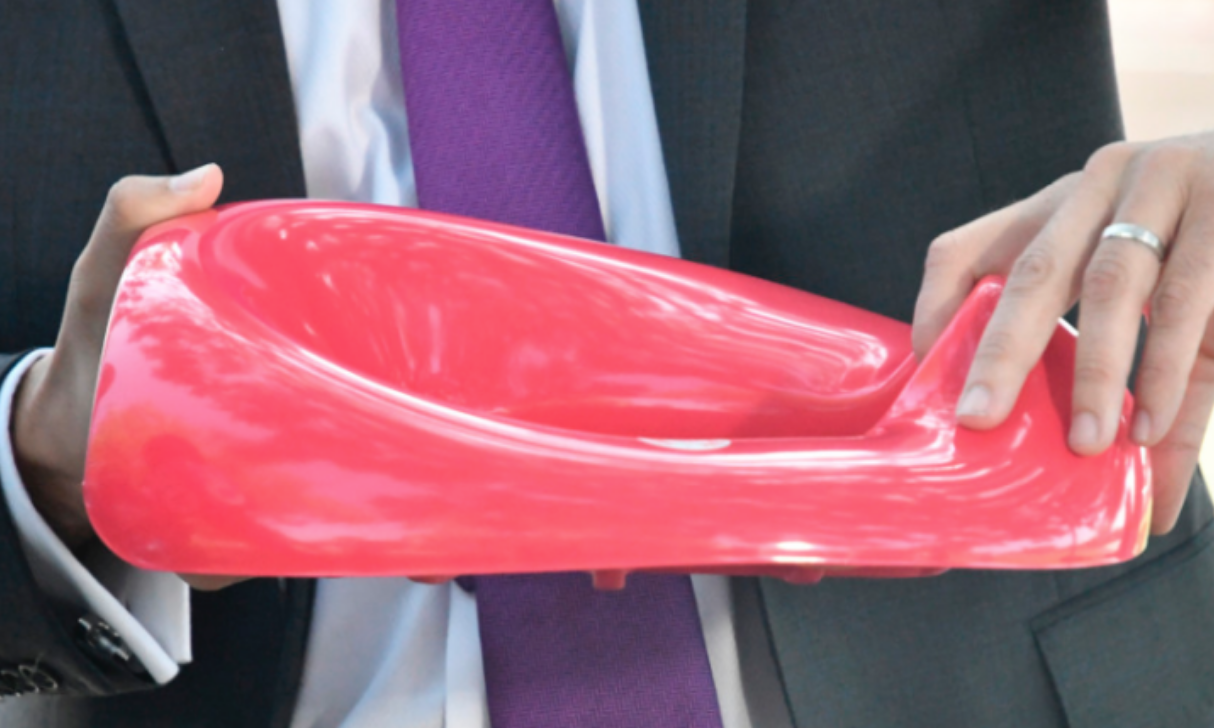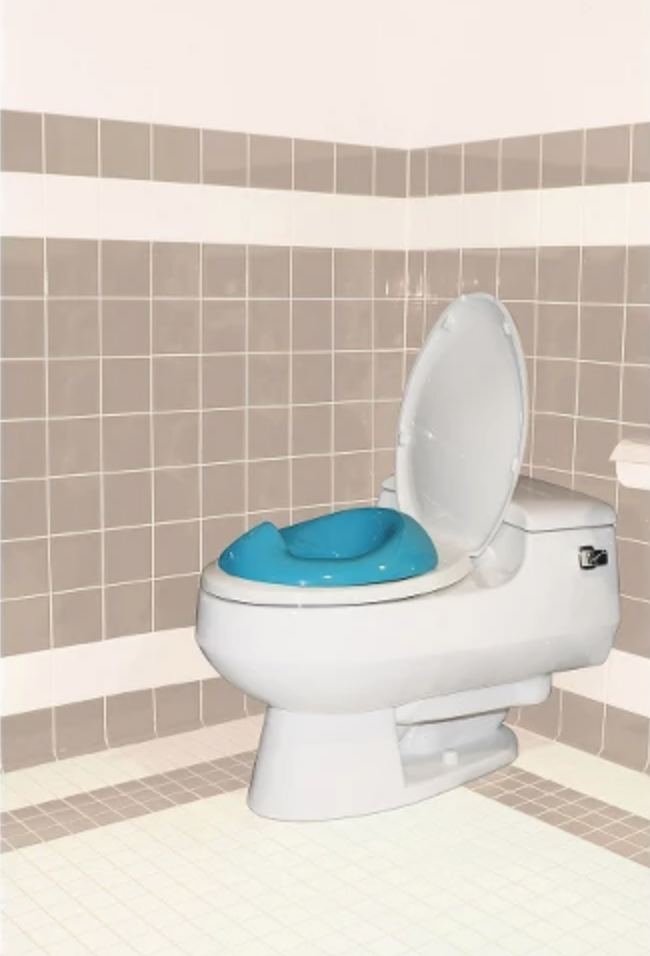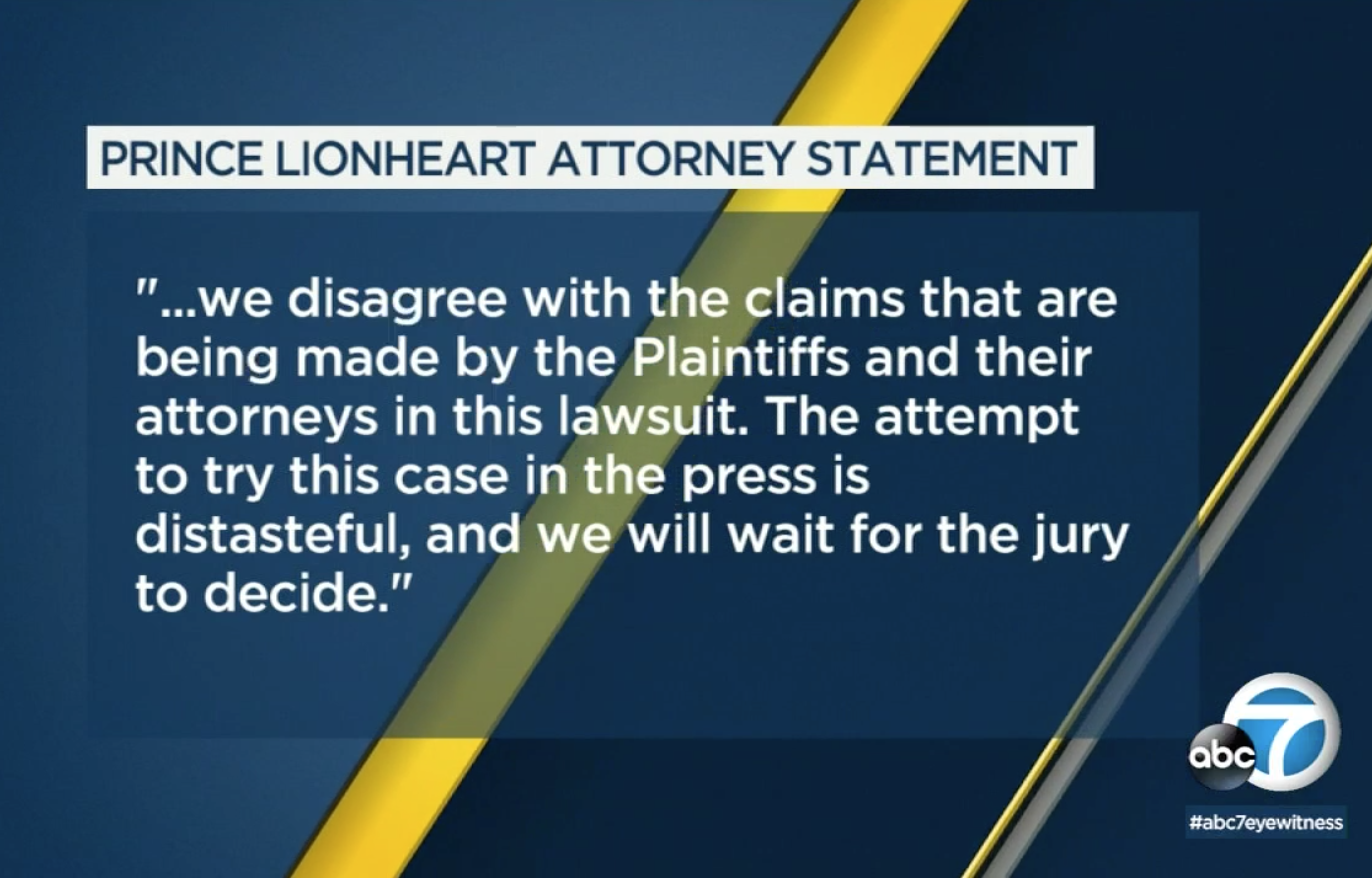
Earlier this year, parents around the country were horrified to hear about an innocent 3-year-old boy who was reportedly almost dismembered by a $15 potty training seat. The boy, who hasn't been named, allegedly suffered lacerations to more than 80 percent of his penis. As a result, more than a dozen other families came forward to join a major class action lawsuit against Target and the seat's manufacturer, Prince Lionheart. Now, it's being reported that Target has agreed to stop selling the controversial seats.
The class action lawsuit named two WeePOD potty seats by Prince Lionheart as the culprit in severe injuries to 15 young boys' genitals.
Parents claim the boys' skin became stuck to the back of the rubber pee guard on the WeePOD Basix and the WeePOD Toilet Trainer Squish, which resulted in severe cuts and lacerations. According to the Press-Enterprise, the first complaint against the seats was made in 2012, and there have been 15 additional complaints since then.
In December of 2016, attorneys say, a mom from Arizona had to take her son to the emergency room after the skin at the base of his penis tore when he stood up from using the weePOD Basix. They also claim the 3-year-old boy from the original lawsuit has severe scarring and suffers from "permanent erectile dysfunction."
“It’s not the sharp edge. it’s the inside that causes a friction,” John Kristensen, the parents' attorney, explained to the Press-Enterprise.

“It sticks to the penis like an old leather car seat [if] you’re wearing a tank top. It sticks. It’s the same mechanisms, and then when you pull it off, the penis is still stuck, the rest of the body is moving. That skin’s so sensitive that it rips.”
Daniel, a dad involved in the lawsuit whose last name was withheld for privacy reasons, said the potty seat left his 4-year-old screaming in pain.
"We were, I don't know how to explain it, horrified seeing that happen to our son," he told ABC 7. "There was blood, skin, everything everywhere."
Prince Lionheart reportedly redesigned the potty seats in response to the original lawsuit, which was filed in 2017. But the class action lawsuit alleges that the company failed to warn parents of the danger, and the defective seats were still being sold in stores.
"The company is refusing to stop selling this defective product," John Carpenter, a coattorney for the parents, said at a June press conference. "They've modified it, but the defective ones are still out there, and they're going to be hurting kids in the future."
On July 20, Target agreed to stop selling the seats as a means of settling its portion of the lawsuit.

According to Mercury News, a Target spokesperson said the company's only statement would be the same one it issued when the lawsuit was filed:
“Target is committed to providing high quality and safe products to our guests, and we require all of our vendors to follow product safety laws and CPSC guidelines for their products that they sell at Target. Prince Lionheart manufactures the product and sells it at a variety of retailers. Prince Lionheart has been in direct communication with the guest’s attorneys on this lawsuit, and any additional questions should be directed to them.”
Prince Lionheart, however, is still involved in a separate lawsuit with the parents who claim their children were injured.

Brad Snyder, the attorney for Prince Lionheart, released a statement to ABC7 in June noting that it denies any claims of negligence.
"The Court has issued a protective order that bars the parties and their attorneys from disclosing any information that has been produced during the discovery process. … For that reason, I am unable to comment about the details of the case," the statement reads. "What I can say is that my client is a family owned company that has been developing products that meet the highest standards in safety, quality, and performance for the past 45 years."
According the lawsuits, more than 500,000 of the potty seats were sold and could still be in circulation by families who purchased them. The WeePOD Basix and WeePOD Toilet Trainer Squish seats with alleged complaints were all manufactured before March 23, 2018.




